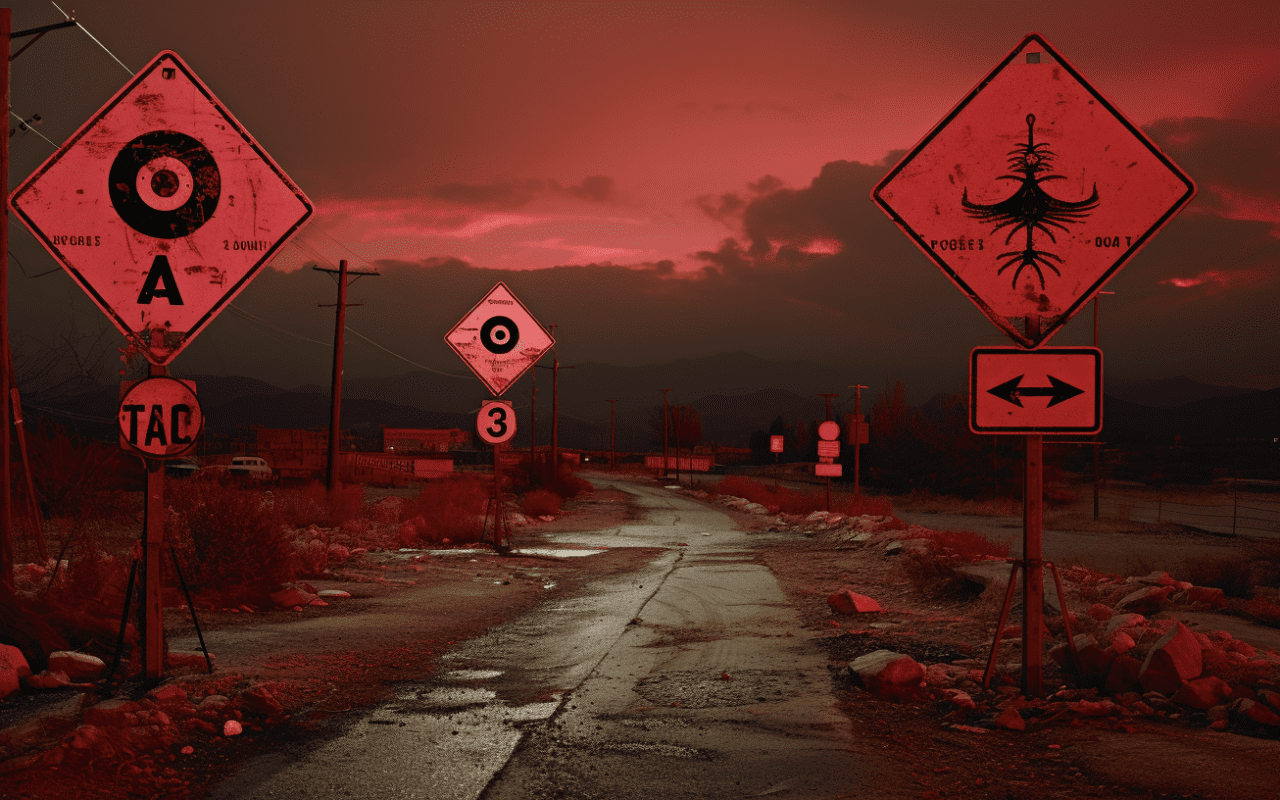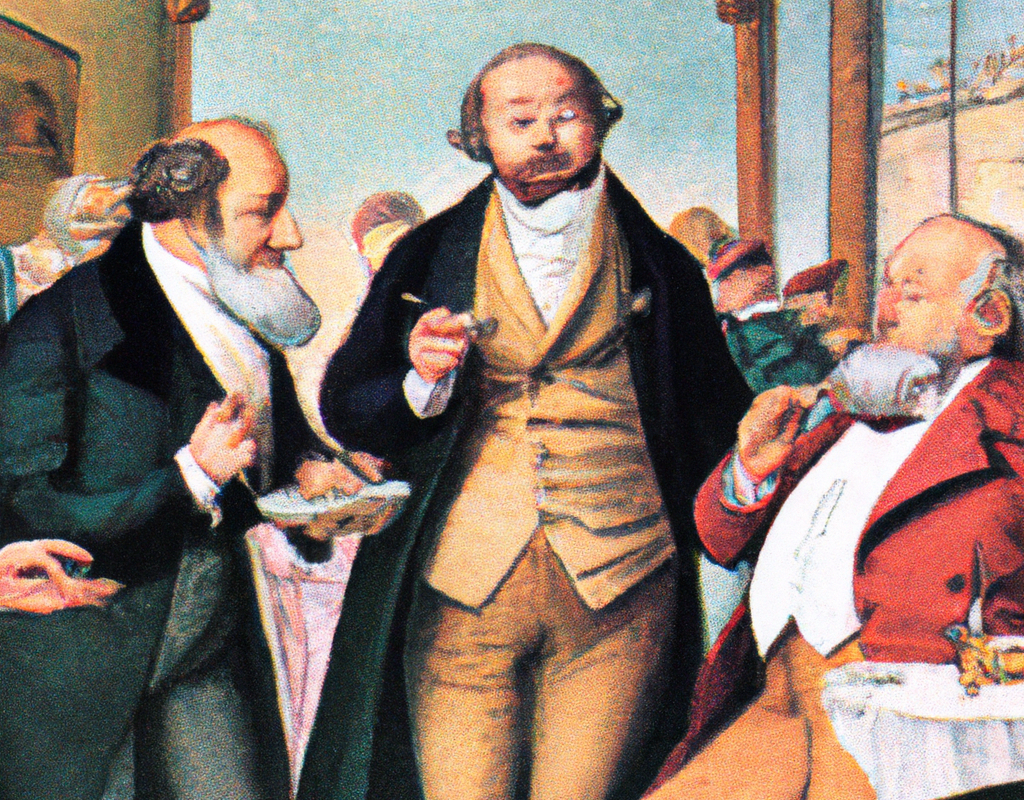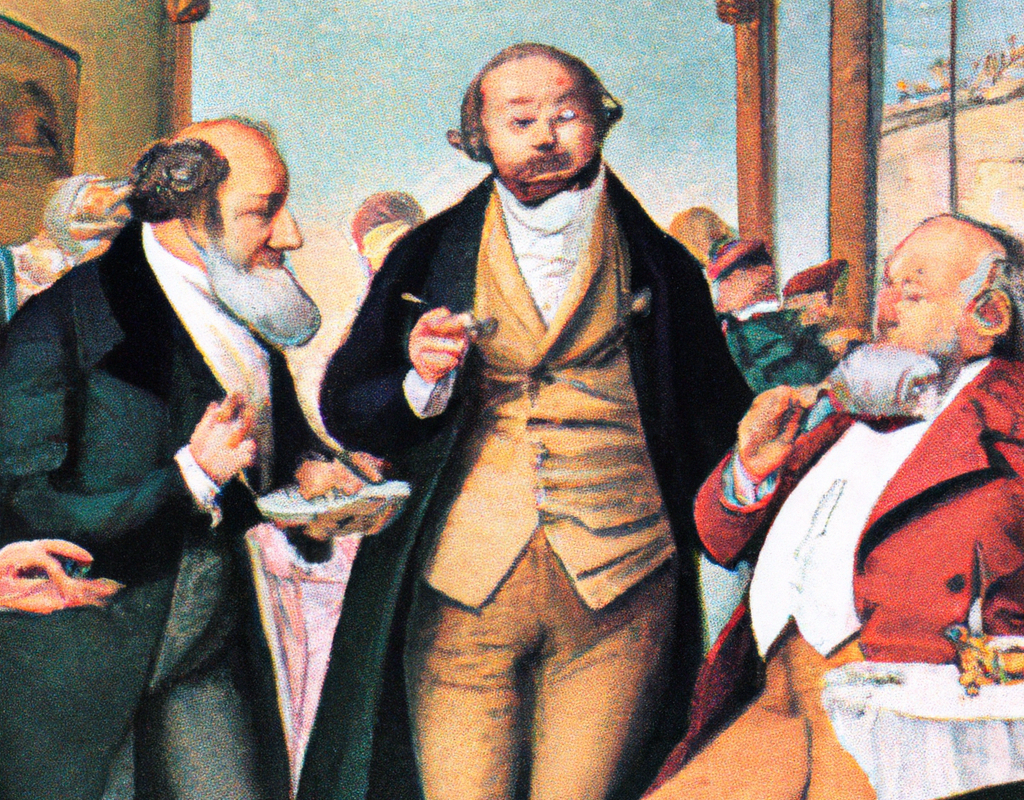Buckle up, we’re in for a wild ride. Many of the serious scholars of political history and authoritarian regimes are sounding the alarm bells that America has rapidly tilted towards authoritarianism. How did we get here?! How has hyper partisanship escalated to the point of an attempted coup that is not only shrugged off, but nurtured by the party in power?
These are some of the resources that have helped me continue grappling with these questions, and with the rapidly shifting landscape of information warfare. How can we understand this era of polarization, this age of tribalism? This piece is a (slow!) work in progress, and I’m planning to keep adding to this list as the tape keeps rolling.
Key Events: In bite-sized Mini History format
The roots of today’s political extremism run deep and long, so it’s helpful to get at least a bit of pre-history refresher material to set the context for more recent times. I’ve been doing these short 40-second mini history videos with AI and they’re great for resurfacing things we’ve no doubt forgotten about since grade school in some cases.
These are the key developments I’ve covered so far, and I’ll keep filling in this section as I produce more.
The Original American Schism
Civil War & the Lincoln-Douglas Debates Before there was red versus blue, there was free versus slave. The Lincoln-Douglas debates of 1858 laid bare the fundamental moral fissure that would tear the nation apart — and established that American polarization isn’t a bug, it’s a feature baked into the republic’s DNA from the start.
The Ideology of Inequality
Mudsill Theory In 1858, pro-slavery Senator James Henry Hammond articulated the philosophical architecture that still animates conservative economics today: society requires a permanent underclass to function. From “mud-sill” to “takers versus makers,” the through-line to modern wealth-class rhetoric is disturbingly direct.
Continue reading Hyper Partisanship: Why are we so politically polarized?




